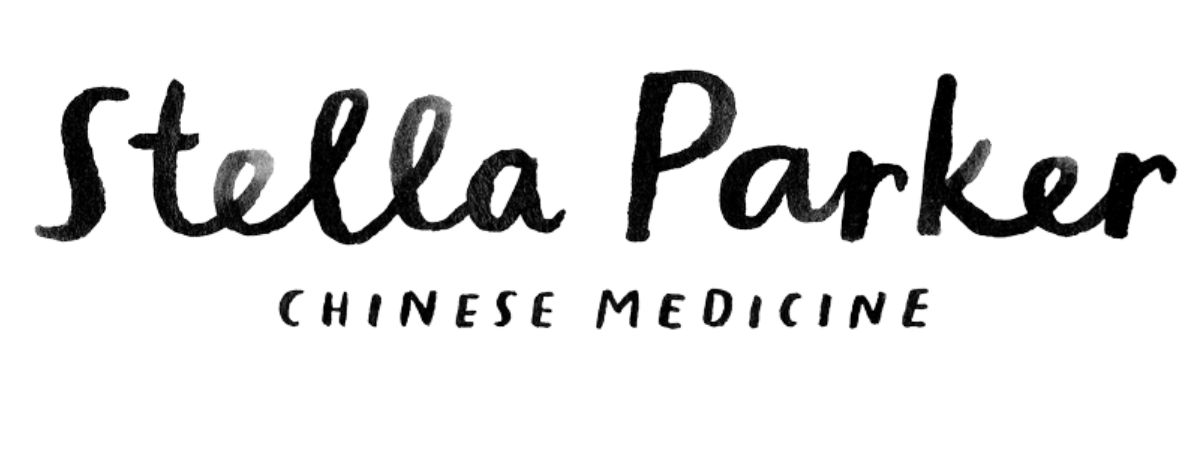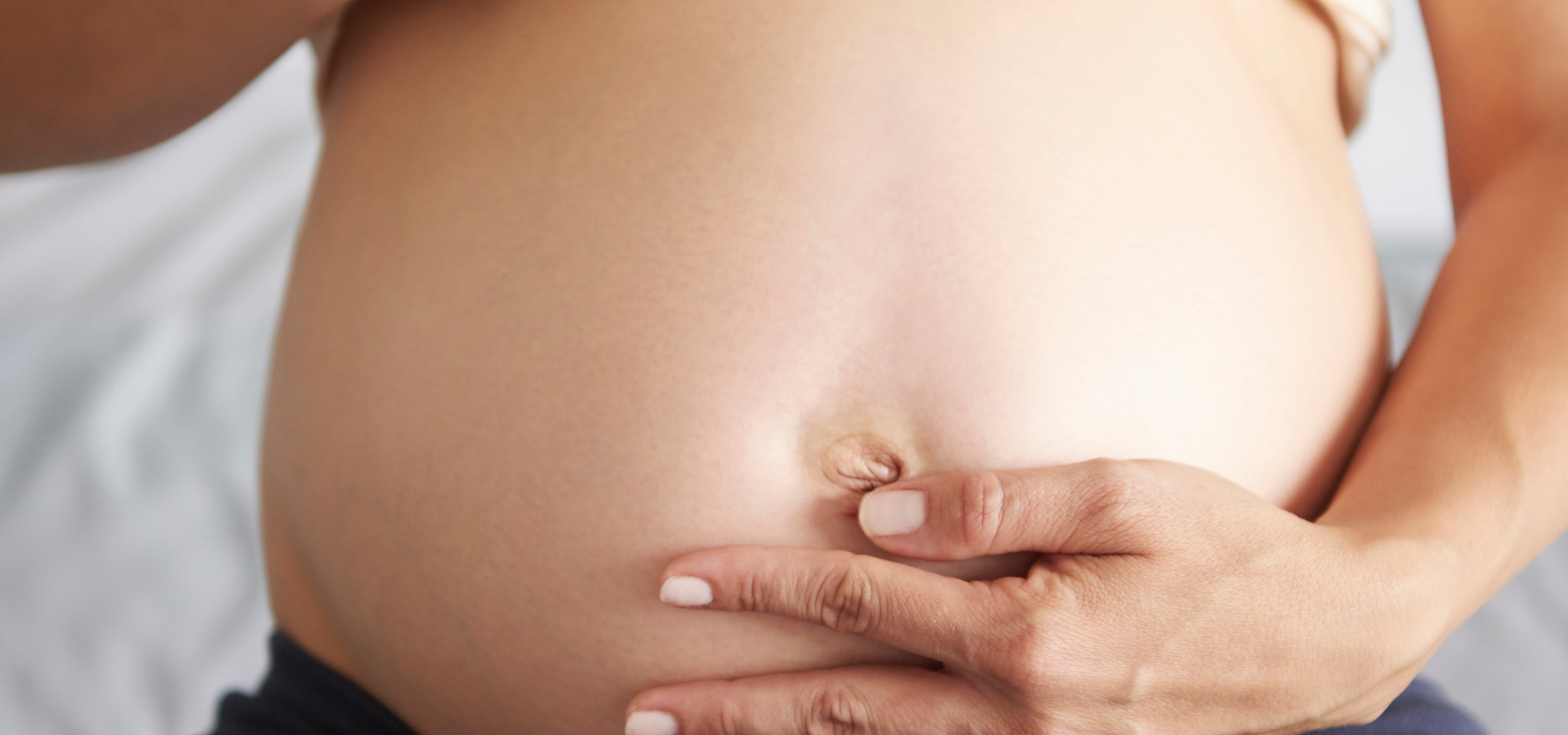Acupuncture in Pregnancy: When to Have It, IS IT Safe (spoiler, it’s so safe) & How It Can Support You
Pregnancy is such a beautiful, vulnerable, and transformative time, isn’t it? And for many women, it comes with a mix of excitement and symptoms that can feel overwhelming. It can be wild. One of the questions I get asked most often in clinic is:
“Can I have acupuncture while I’m pregnant? And when should I start?”
The simple answer? Yes, from the get go!
And not only is it safe — it can make a huge difference to how you feel mentally, emotionally, and physically.
Is Acupuncture Safe During Pregnancy?
Short answer: Yes.
Long answer: Yes — with the right practitioner.
Research consistently shows that acupuncture in pregnancy has a very low rate of adverse events, and when they do occur, they tend to be mild (a little bruising or temporary soreness). There’s no evidence that properly performed acupuncture increases the risk of miscarriage, preterm labour, or harm to the baby. Zip, zero, zilch. In fact, it can help support and hold a pregnancy, and so much more.
In clinic, as your acupuncturist, I’ll modify:
point selection
needling depth
technique
positioning
… to ensure everything is pregnancy-appropriate. This is why choosing someone with specific pregnancy training matters.
When Should You Have Acupuncture in Pregnancy?
We’re big fans of acupuncture in pregnancy, and here’s a trimester-by-trimester guide based on evidence, clinical practice, and what I see work best for the women I support day to day:
First Trimester (0–12 weeks)
Recommended: Weekly (or more often if symptoms are strong)
This is usually the most fragile, sensitive stage — physically and emotionally.
Common things women come in for during early pregnancy:
Nausea and morning sickness
Extreme fatigue
Anxiety or overwhelm
Insomnia
Headaches
Support after IVF or previous pregnancy loss
If there’s a history of recurrent miscarriage, I often recommend weekly treatments up to about 12–14 weeks to support stability (til the placenta takes over) and stress regulation through the early weeks.
Second Trimester (13–34 weeks)
Recommended: Every 2–4 weeks
The second trimester is often where symptoms ease for many women, but it’s also when the physical strain starts to build.
Acupuncture during this stage can help with:
Back pain or pelvic pain
Sciatica
Sleep issues
Digestive changes
Heartburn
Stress or emotional load
Supporting healthy energy levels and preventing burnout
This is the maintenance phase: keeping you comfortable, supported, and balanced. Monthly appointments are great at this time, unless you feel like more works for you.
Third Trimester (34+ weeks)
Recommended: Weekly from 35–36 weeks onward
This is where acupuncture becomes key for birth preparation.
What we focus on:
Encouraging natural cervical ripening
Softening and relaxing the pelvic floor
Supporting optimal positioning
Regulating labour hormones
Reducing stress and calming the nervous system
Preparing your body for a smoother (and shorter) labour experience
Closer to the due date, some women choose to come twice weekly — especially if they want to maximise readiness for spontaneous labour (especially if an induction date is set).
Why You Might Choose Acupuncture During Pregnancy
Here’s what I see every day in clinic:
1. It regulates your nervous system.
Pregnancy isn’t just physical — it’s emotional. Acupuncture shifts your body out of stress mode and into a calmer, more regulated state. (Think: better sleep, less anxiety, clearer mind.)
2. It’s a gentle, drug-free option.
Perfect for women wanting support without medications.
3. It helps with pregnancy symptoms.
Back pain, nausea, swelling, digestive issues, headaches — oh yeh, it can be intense. Acupuncture has strong research behind its safety and usefulness for these.
4. It prepares you for birth.
The weeks leading up to birth are super important. Acupuncture supports the hormonal, physical, and emotional transitions needed for labour.
5. You feel cared for.
Pregnancy may, at times, feel lonely or rushed in the medical system. Acupuncture gives you space — physically and emotionally — to be held, heard, and supported. We go through options with you from the start to the end: what you might feel comfortable with, confident with, and how to have the birth you’re hoping for.
How Often Should You Come Overall?
A simple guide:
0–12 weeks: Weekly
12–34 weeks: Every 2–4 weeks
35+ weeks: Weekly (sometimes twice weekly)
This is adjusted for:
your symptoms
pregnancy history
IVF conception
stress levels
energy and sleep
baby’s position
birth preferences
There is no one-size-fits-all approach — everything is tailored (as are all treatments!).
Choosing the Right Acupuncturist in Pregnancy
You want someone who:
is AHPRA-registered
has real experience in pregnancy, birth prep, and women’s health
understands trimester-specific precautions
can communicate with your obstetric or midwifery team
treats you as a whole person, not just a set of symptoms
Pregnancy is specialist work — and your care should reflect that. (I offer all of this!)
Final Thoughts
Acupuncture can be a beautiful, safe, supportive tool throughout your pregnancy — whether you need help with symptoms, emotional support, or birth preparation. Mums to be: You don’t have to push through exhaustion, nausea, stress, or pain alone!
Curious about how acupuncture could support your pregnancy journey? Reach out; I’d love to help you map out a plan that fits your trimester, your symptoms, and your birth goals. Mums, you’ve got this x
Research:
Park, J. et al. (2014) The safety of acupuncture during pregnancy: a systematic review. Acupuncture in Medicine. Jun;32(3):257-66. doi: 10.1136/acupmed-2013-010480.
Carr DJ. (2015) The safety of obstetric acupuncture: forbidden points revisited. Acupuncture in Medicine. Oct;33(5):413-9. doi: 10.1136/acupmed-2015-010936.
Li, R. et al. (2023) Efficacy and safety of acupuncture for pregnancy-related low back pain: A systematic review and meta-analysis. Heliyon. Jul 25;9(8):e18439. doi: 10.1016/j.heliyon.2023.e18439.
Rabl, M. et al. (2001) Acupuncture for cervical ripening and induction of labor at term--a randomized controlled trial. Wien Klin Wochenschr. Dec 17;113(23-24):942-6. PMID: 11802511.
Tingting, L. et al. (2024) Effectiveness and safety of acupuncture in treatment of pregnancy-related symptoms: a systematic review and Meta-analysis. Journal of Traditional Chinese Medicine. Feb;44(1):16-26. doi: 10.19852/j.cnki.jtcm.20231204.006.

